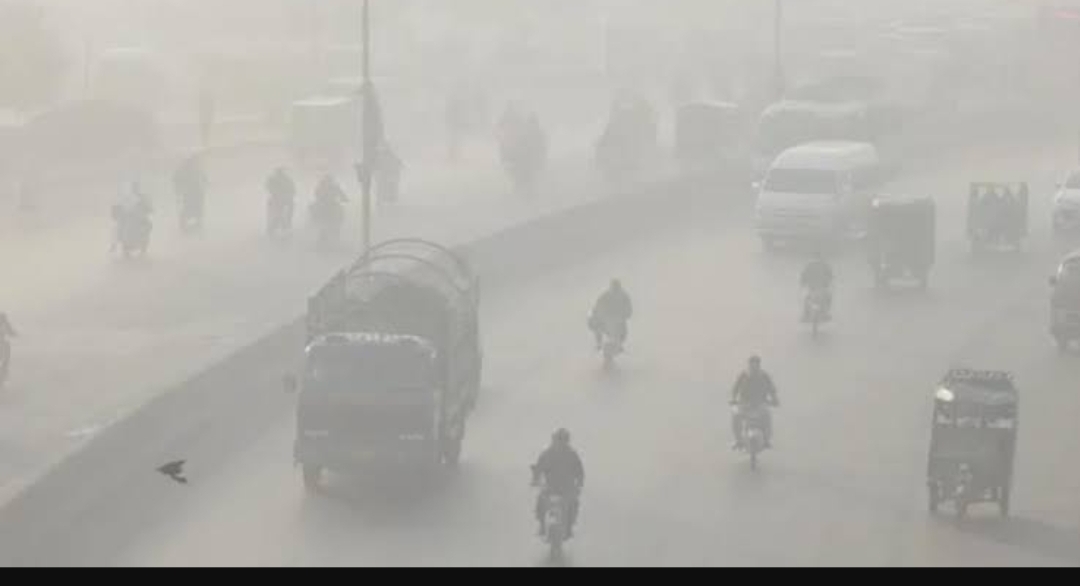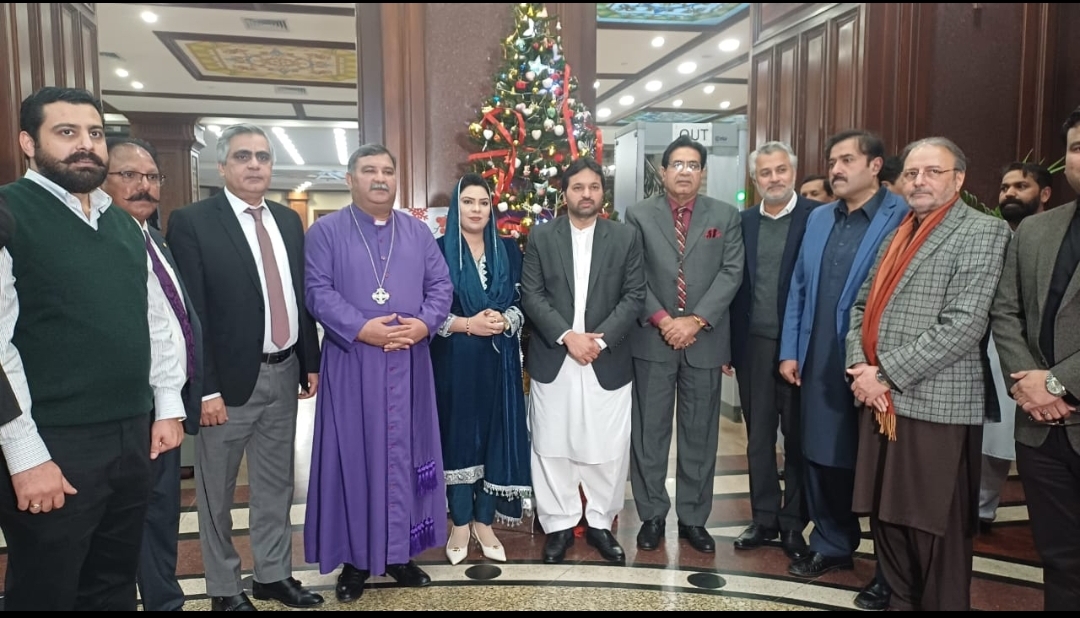UNITED NATIONS:
Pakistan has warned the international community that the banned Tehreek-i-Taliban Pakistan (TTP), which is “the largest terrorist group” operating in Afghanistan, could emerge as Al Qaeda’s arm with a regional and global terrorist agenda.
Speaking at the UN Security Council on Thursday, Ambassador Usman Jadoon, permanent representative of Pakistan to the United Nations, said, “Terrorism within and from Afghanistan poses the single most serious threat to the country, to the region, and the world.”
“While the Afghan Interim Government (AIG) is fighting ISIL-K (Daesh), the threat from various other terrorist groups such as Al Qaeda, TTP, and others has yet to be addressed,” he said during a debate on the situation in Afghanistan.
He highlighted TTP’s ranking as the largest, listed terrorist organisation and said, “With safe havens close to our border, it poses a direct and daily threat to Pakistan’s security.
“In countering the TTP’s cross-border operations, our security and border officials have confiscated some of the modern weapons acquired by the AIG from stocks left behind by foreign forces,” the Pakistani envoy said, adding that the terrorist group also receives external support and financing “from our adversary” – referring to India.
He further said that TTP was fast emerging as an umbrella organisation for other terrorist groups, aimed at destabilising Afghanistan’s neighbours.
“We have evidence of its collaboration with other terrorist groups like the Majeed Brigade that is utilising terrorism to disrupt Pakistan’s economic cooperation with China, especially CPEC,” Jadoon stated.
“Given its long association with Al Qaeda, the TTP could emerge as Al Qaeda’s arm with a regional and global terrorist agenda.”
Pakistan, he declared, would take all necessary national measures to eliminate these threats, cooperating with regional and international efforts to root out the menace of terrorism.
Jadoon also discussed the Afghan Taliban’s new directive prohibiting women and girls from attending public and private medical institutes in Afghanistan, saying that the international community expects the interim government to fulfil its declared commitments on human rights and political inclusion.
“Instead of easing earlier restrictions, the AIG has intensified the restrictions on women and girls. These restrictions are contrary to Islamic precepts, jurisprudence and the Sharia,” he said.
The Pakistani envoy called for the Doha Process framework to go beyond counter-narcotics and the private sector. Afghanistan’s challenges, including terrorism, human rights and widespread poverty, are also affecting the region.



